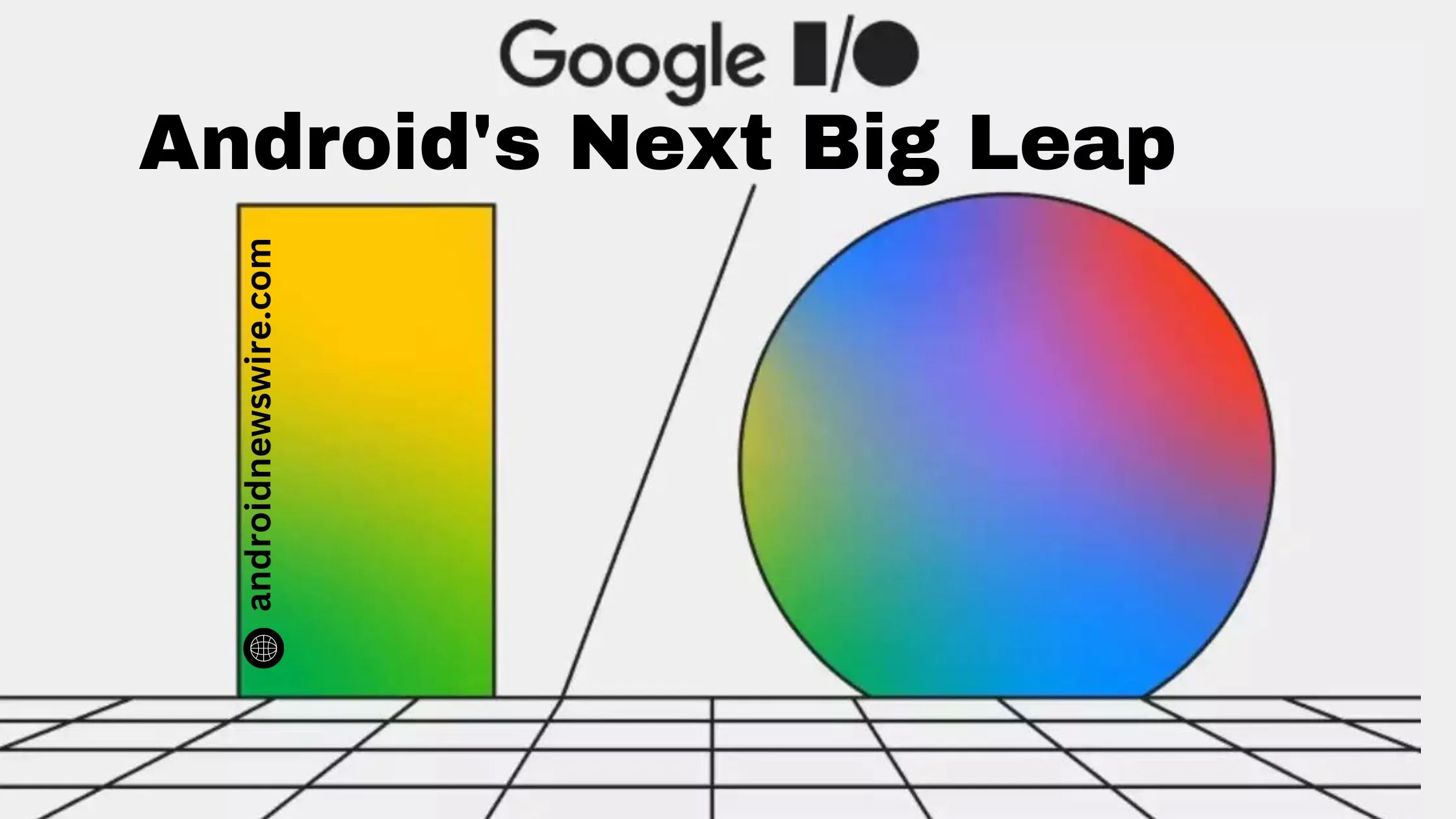Android Systems Intelligence
1. Google I/O 2024: Major AI Integrations on Android
At Google I/O 2024, significant announcements were made regarding AI enhancements that are set to transform Android. A standout feature is the introduction of Imagen 3, an Android Systems Intelligence AI model capable of generating photorealistic images based on detailed user prompts. This model excels in understanding the nuance and intent behind prompts, allowing users to create lifelike images with minimal visual noise. This feature will not only enrich personal use but also boost creativity in professional presentations and content creation.
Another major AI development unveiled is Veo, Google’s new video generation model that produces high-resolution videos in various cinematic styles. Veo can understand natural language commands, such as “timelapse” or “aerial shots,” to generate footage with realistic movements of animals and objects. These tools are currently limited to select creators via Google’s ImageFX and VideoFX platforms, with plans to expand their capabilities to YouTube Shorts in the future.
2. Enhanced AI Features for Google Search
Google is leveraging AI to overhaul its search engine, introducing AI Overviews that summarize complex topics directly in the search results. This feature, initially rolled out in the U.S., aims to simplify the user experience by providing concise, relevant summaries of web content, complete with source links for further reading. AI Overviews can adjust their level of detail based on user preferences, making it easier to explain intricate subjects to a broader audience, including younger users.
Additionally, Google Search will incorporate generative AI to assist in creative brainstorming and better organizing search pages based on user queries. The integration with Google Lens allows users to ask spoken questions about objects in videos, providing real-time, step-by-step instructions directly from the search interface. This blend of visual and textual AI capabilities underscores Google’s commitment to making information more accessible and interactive on Android devices.
3. Android Systems Intelligence AI-Powered Spam Detection and New Accessibility Tools
Android users will soon benefit from AI-powered spam detection, a feature that identifies and alerts users about potential phishing and scam calls in real time. This is especially valuable for vulnerable groups like older adults and children who are often targets of such scams. This feature reflects Google’s focus on using AI not just for convenience but also for enhancing user security on Android devices.
Another notable update is the integration of Gemini Nano with multimodality, a feature that significantly upgrades Android’s accessibility options. This enhancement allows the TalkBack function to provide more detailed descriptions of images, videos, and even sounds. For example, when a user receives a photo of clothing, TalkBack can describe the color, style, and additional accessories, helping visually impaired users better understand visual content. These AI-powered accessibility improvements are set to launch on Pixel phones later this year, with potential expansion to other models in subsequent updates.
4. Wear OS 5: A New Era for Smartwatches
Google also showcased Wear OS 5, the next version of its smartwatch operating system, which will be based on Android 14. Set to launch later this year, Wear OS 5 promises enhanced battery life and a wider array of watch face options designed to offer a more personalized user experience. Google is focusing on deeper integration between Wear OS devices and Android phones, aiming to create a seamless ecosystem that extends beyond smartphones to wearables and other smart devices.
5. Upcoming Features and Future Prospects
Looking ahead, Google has outlined several new features for Android users that will continue to leverage AI in novel ways. One such feature is “Ask this video,” which allows users to query specific details about YouTube videos without manually searching through them. Similarly, “Ask this PDF” aims to simplify information retrieval from documents, highlighting Google’s strategy to make data more accessible and actionable.
Circle to Search, another innovative tool, will enable users to solve complex problems, such as math or physics questions, by providing detailed, step-by-step explanations. This feature is designed to assist students and professionals alike, demonstrating Google’s broader goal of integrating AI into educational tools.
Conclusion- Android Systems Intelligence
In conclusion, Google’s recent announcements reflect a strong push towards embedding AI deeply within the Android ecosystem. From enhancing everyday tasks to improving accessibility and security, these updates are poised to offer a more intelligent and user-friendly experience. As these features roll out over the coming months, Android users can expect a more connected and capable suite of tools that cater to both personal and professional needs.
Read Latest Android Update: Click Here

